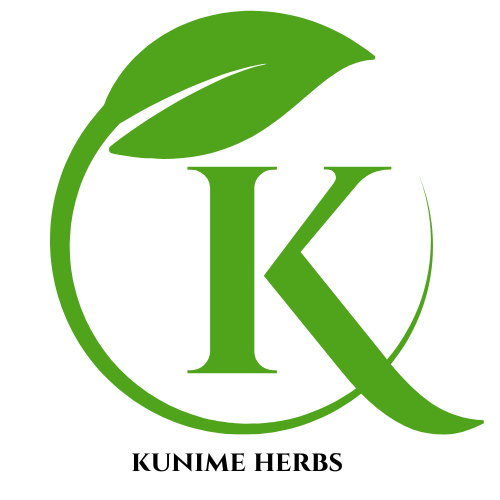Food Considerations
Samuel Hahnemann [the originator of homeopathy] was very aware of the importance of food and referred to the significance of diet in various aphorisms of the Organon. He examined the effect of foods on the progression of chronic disease and on the process of healing, stressing the importance of a simple, nourishing diet.
“... the careful investigation into such obstacles to cure is so much the more necessary in the case of patients affected by chronic diseases, as their diseases are usually aggravated by such noxious influences and other disease-causing errors in the diet and regimen, which often pass unnoticed.” (Organon §260)
“The most appropriate regimen during the employment of medicine in chronic diseases consists in the removal of such obstacles to recovery, and in supplying where necessary the reverse: innocent moral and intellectual recreation, active exercise in the open air in almost all kinds of weather (daily walks, slight manual labor), suitable, nutritious, unmedicinal food and drink, etc.” (Organon §261)
Hahnemann also stressed the role of diet in the development of disease:
“ Those diseases are inappropriately named chronic which persons incur who expose themselves continually to avoidable noxious influences, who are in the habit of indulging in injurious liquors or aliments, are addicted to dissipations of many kinds which undermine the health, who undergo prolonged abstinence from things that are necessary for the support of life. ... these states of ill-health, which persons bring upon themselves disappear spontaneously, provided no chronic miasm lurks in the body, under an improved mode of living, and cannot be called chronic diseases.” (Organon §77)
“While inquiring into the state of chronic diseases, the particular circumstances of the patient with regard to his ordinary occupations, his usual mode of living and diet, his domestic situation and so forth, must be well-considered and scrutinized, to ascertain what there is in them, that may tend to produce or to maintain disease, in order that by their removal the recovery may be promoted.” (Organon §94)
Here are some dietary considerations. Take into consideration that certain diets are more or less appropriate for specific illnesses:
- For a healthy diet we recommend the Lacto-ovo-vegetarian diet. Reducing meat consumption and increasing vegetable consumption can offer health benefits.
- We recommend eating fresh, organic and unprocessed foods.
- Purchase organic produce whenever possible.
- Try to eat fruits that are in season. Note that citrus fruits are in season in Winter.
- Always wash produce thoroughly to remove pesticides and preservatives.
- Only purchase organic cauliflower and broccoli, as these are difficult to wash thoroughly.
- Avoid frozen vegetables from India, unless it is organic.
- Produce and fruit from Guatemala could contain pesticides such as DDT so we recommend not buying (except Avocado and Mango).
- We recommend not consuming potatoes and other root vegetables from the month of April until the new crop is available. This is to avoid mold that will have grown in storage (may not be visible).
- Avoid plastic straws and dishes from China.
- All Nestle products could contain chemicals in packaging that leaks into food.
- Avoid herbal products from China such as tea, as well as vegetables and spices such as garlic and mushrooms.

